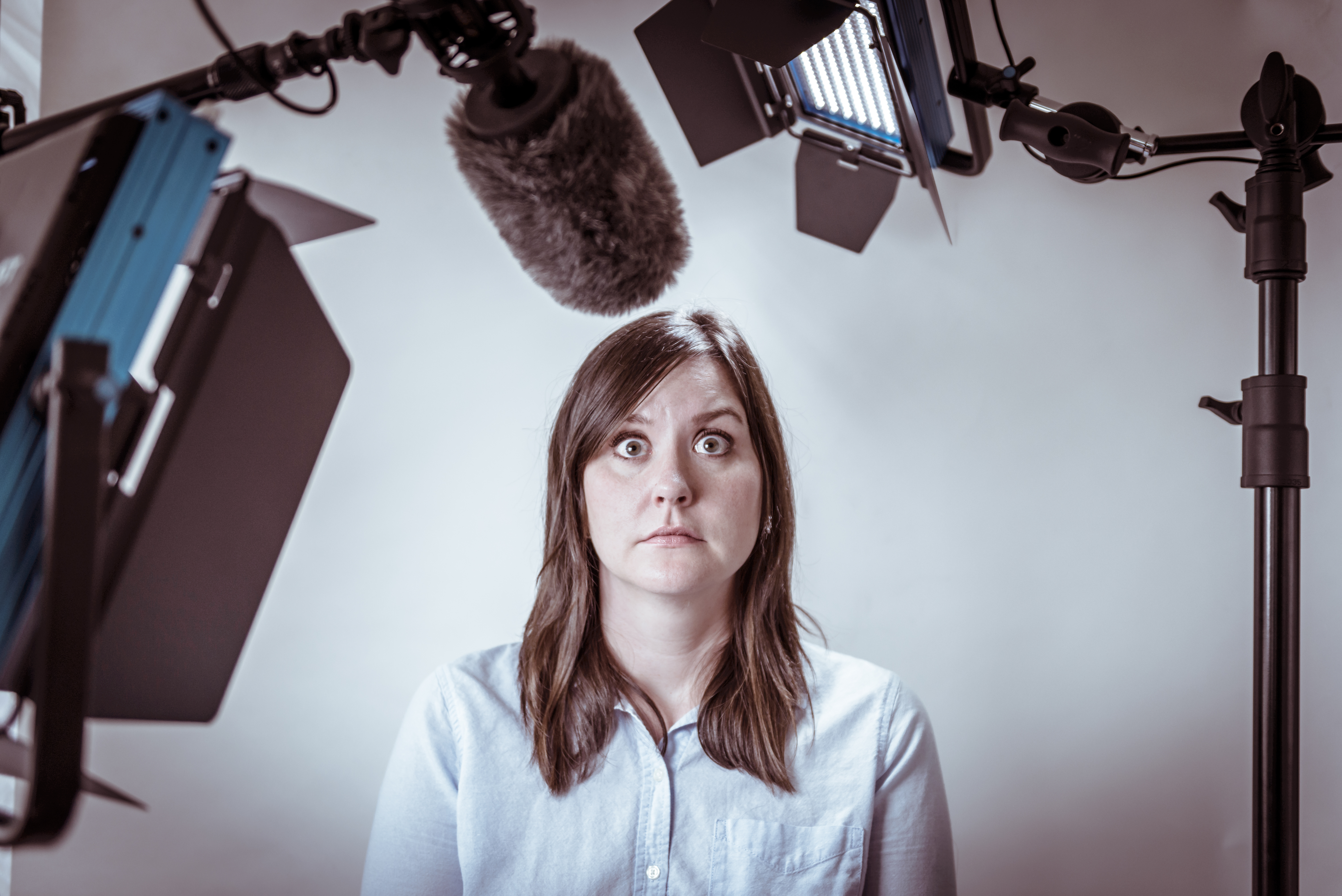There you are, in front of your audience, in pin drop silence. Your heart is racing… it feels like it might jump out of your body. Your mouth is dry, your throat tightens, and a choking sensation takes over. You know you are red and flushed. You feel like you have already lost control of the situation and they are all watching as you fail. Please swallow me whole, you beg to the earth.
Does this sound like something you have ever experienced? Performance anxiety is common. It can present as excessive worrying, or even as a panic attack, as described above. If you have a job that requires you to present at meetings or speak publicly, performance anxiety can really affect your quality of life.
Performance anxiety is described in the most recent Diagnostic and Statistical Manual of Mental Disorders as a type of social anxiety disorder. Social anxiety disorder is characterized by excessive worry or fear in social situations where an individual perceives that they will be scrutinized and negatively judged by others. The physiological response to this unfounded fear and anxiety is very real and can have debilitating effects- socially, emotionally and physically.
While there are anti-anxiety drugs which can be prescribed for the short-term to reduce the physical symptoms of anxiety, it is more helpful in the long run to try to conquer your fears by changing the way you think about and prepare for these fear-provoking performance situations. Here are some ideas that might be helpful for your next big act:
- Be prepared: practice, practice, practice, so you are not fumbling over your spiel on the day of your performance.
- Limit caffeine and sugar intake the day of the performance. These will make you feel more jittery. Eat a low-fat meal with complex carbohydrates a few hours before you are to perform so that you have energy and don’t get hungry. Your brain needs to be fueled up.
- Don’t focus on what could go wrong. Instead focus on the positive. Visualize your success.
- Avoid thoughts that make you doubt yourself.
- Practice controlled breathing, meditation, biofeedback, and other strategies to help you relax and redirect your thoughts when they turn negative.
- Do some light exercise to ease your anxiety before the performance. You can take a walk, jump up and down, shake out your muscles, or do whatever feels right for you.
- During the performance, smile, make eye contact, and think of your audience as friends. Connect with them instead of thinking about how they may be judging you.
These are some simple things that could start you off with dealing with your performance anxiety. But, if you feel like you need more help, there are professionals who specialize in very effective methods of psychotherapy. One such method that you can explore with your therapist is cognitive behavioral therapy or CBT. CBT can help to reduce performance anxiety by challenging your fears and anxiety related to being negatively judged and replacing them with more adaptive thoughts that can improve your functioning in social situations.
To end this post, here is a fun TED talk (and song!) about this very real fear that many of us live with (and hopefully will be able to conquer): https://www.ted.com/talks/joe_kowan_how_i_beat_stage_fright?referrer=playlist-before_public_speaking#t-467789

